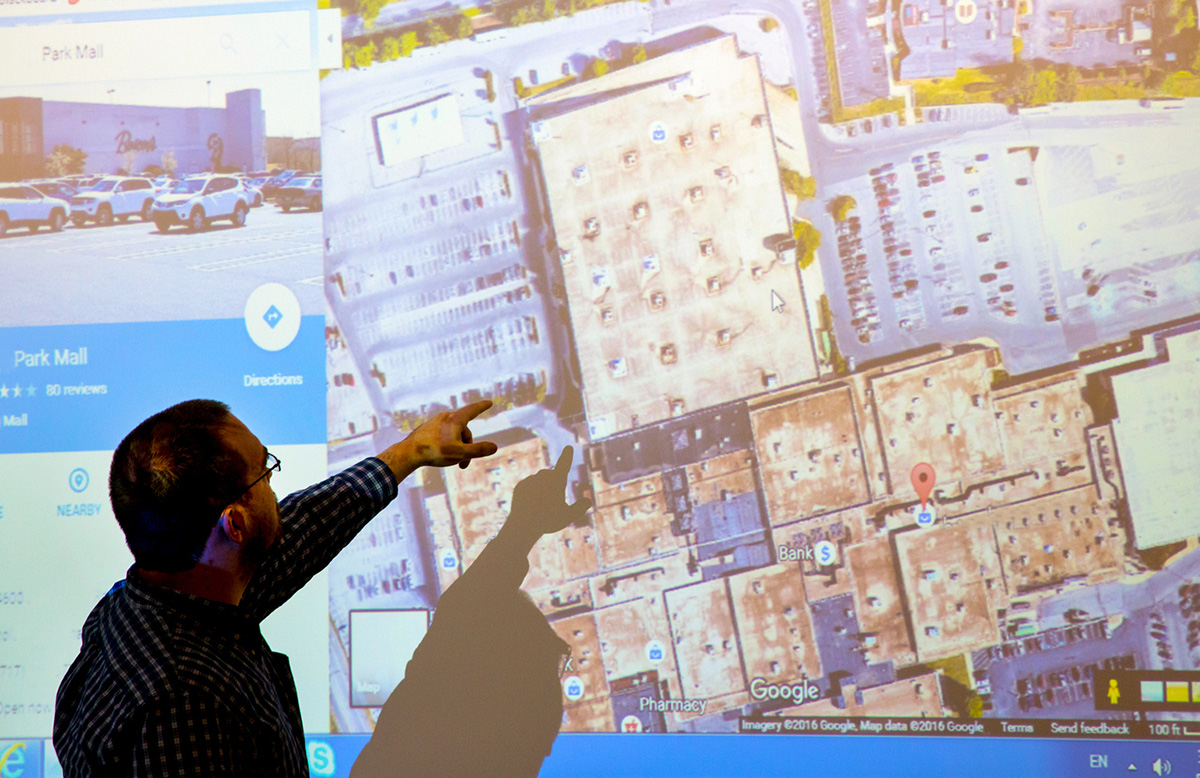Learning objectives that UAlbany students are expected to attain through their course of study within their academic program.
Bachelor of Science
- Risk Management: Conduct a comprehensive assessment of risks, generate an analysis of options for mitigating risks, select the most appropriate mitigating actions for each risk, develop contingency and crisis response plans, communicate the risk assessment to a variety of audiences and evaluate risk management plans.
- Critical Thinking: Critically analyze arguments by identifying assumptions, understanding claims, evaluating evidence and drawing a conclusion.
- Communication: Recognize and formulate effective written and oral communication, giving appropriate consideration to audience, context, format and textual evidence.
- Problem Solving: Design and implement strategic plans and creative solutions in novel and evolving circumstances.
- Ethical Analysis: Demonstrate understanding of ethical principles in general and the ability to recognize, articulate and apply ethical principles in concrete situations related to emergency preparedness, homeland security and cybersecurity.
- Diversity: Demonstrate an understanding of diversity and the ability to assess social equity in management and policy decisions through courses that focus on topics such as race, ethnicity, gender, sexuality, religion, physical ability, language and/or social class.
- Teamwork and Project Management: Work effectively in teams in evaluating policies, managing projects and implementing programs as well as effectively managing conflicts, optimizing resources and meeting deadlines.
- Demonstrate a solid foundational knowledge of the architecture of computer and networks hardware and software, how that is the basis of vulnerabilities to these systems. From this foundation, be familiar with the tools and techniques used to defend such systems from attacks.
- Understand how risk management, the use of cybersecurity policies and related tools can help an organization prepare for, remain functional during, and recover from cyber incidents.










